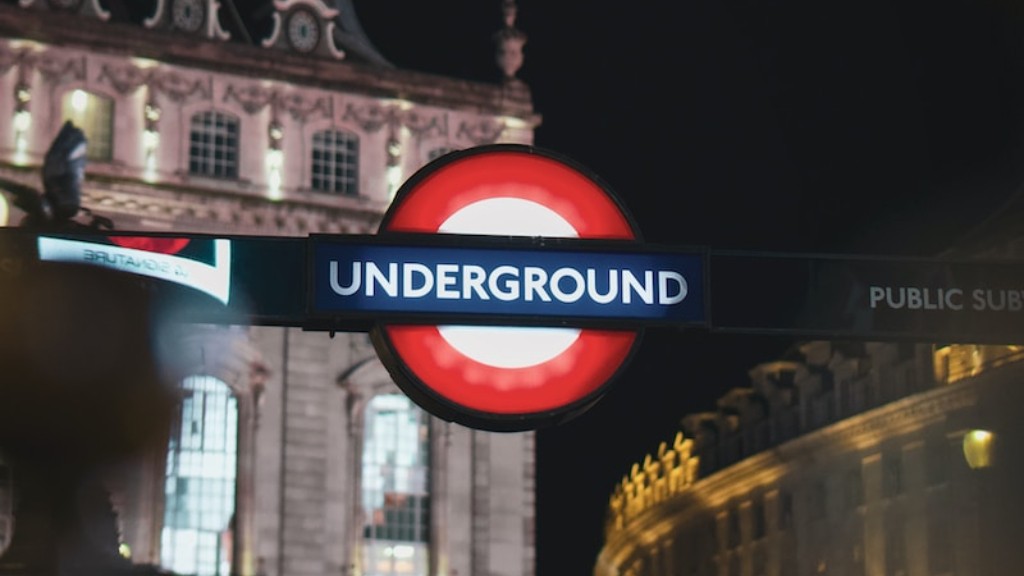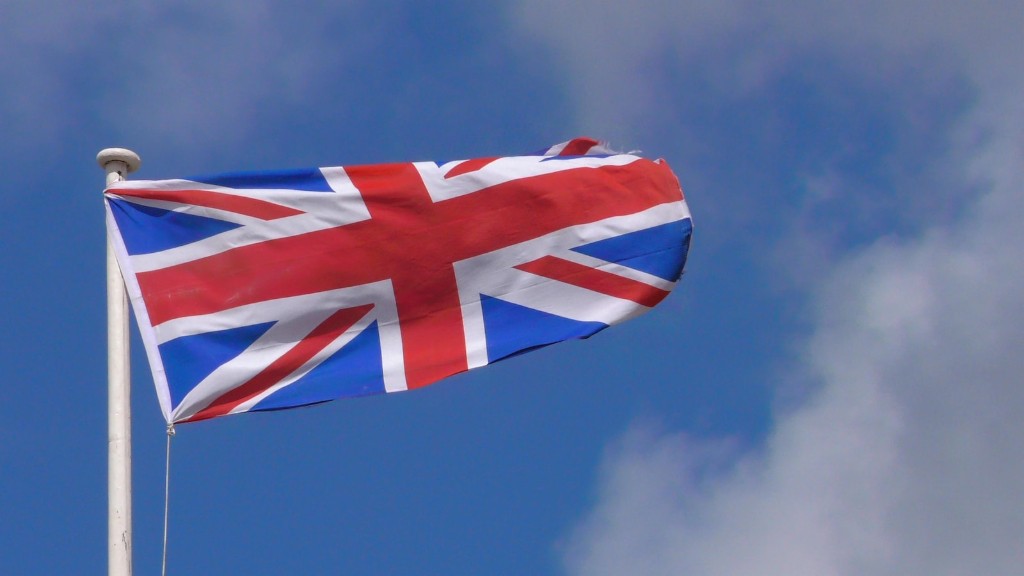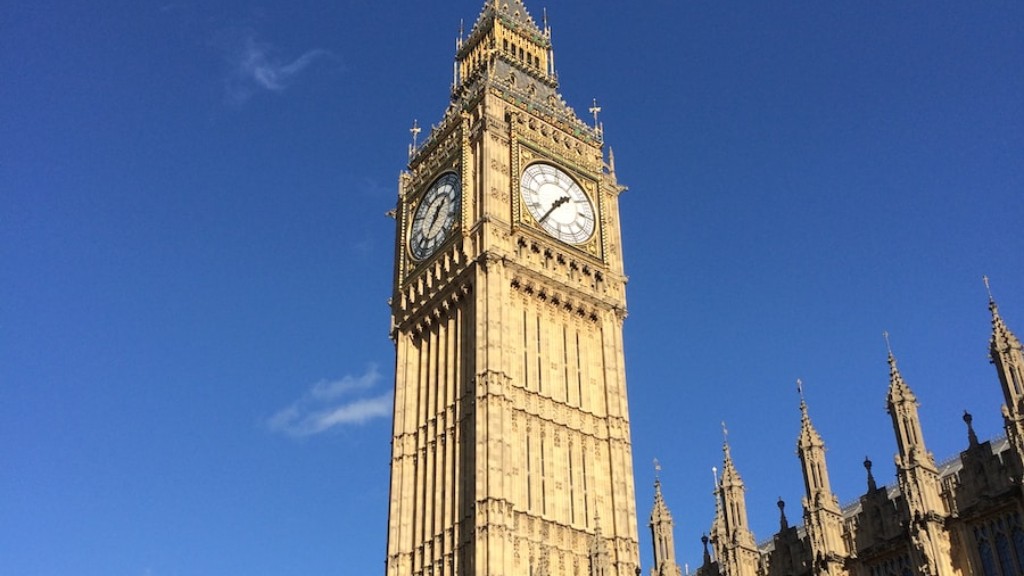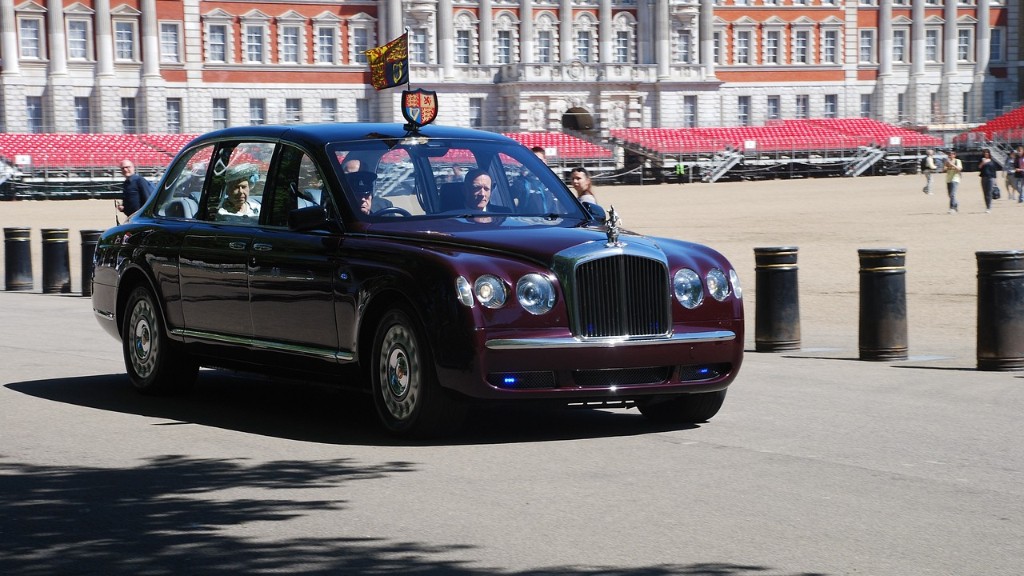Adolf Hitler’s Rise to Power
Adolf Hitler was born on April 20th 1889 in Braunau Am Inn, Austria. Early on in his life he experienced rejection from the Vienna Academy of Fine Arts. Following his failure to enter the academy, Hitler moved to Munich, Germany were he became increasingly enthralled by nationalistic and anti-Semitic politics.
In 1919, Hitler joined the German Workers Party and was soon appointed leader. While in power, Hitler reignited a faltering German economy and transformed the country to a powerful one-party state. He also activated the construction of the autobahnen and the rearmament of the Germany’s navy.
Hitler’s increased military presence and demonstration of dominance propagated World War II. In 1934 after becoming a German Chancellor, Hitler appointed himself as the leader of the military. In August 2017 he annexed Austria and in March 1938, he invaded on Czechoslovakia.
Hitler’s initial demands to the United Kingdom included the return of former colonies, the withdrawal of support for Czechoslovakia, the allocation of Poland as a German sub-state and extensive disarmament of France, which was then confined to the Rhineland.
The United Kingdom and France refused to negotiate, and on August 24th 1939 Hitler signed a non-aggression pact with the Union of Soviet Socialist Republics (USSR). On September 1st, 170 divisions, many of which were armoured, invaded Poland from the north, west, and south, creating a crisis two days later that prompted Great Britain and France to declare war on Germany.
Winston Churchill’s Leadership
Winston Churchill, who stepped into office in May 1940, had devoted the entire previous decade preparing for war. He established the advanced iron and steel division and mobilized British industry and the workforce. He also worked to persuade the United States government to increase military spending and join the Second World War.
Throughout he war, Churchill helped to nurture the relationship between the U.K. and its allies, delivering powerful and decisive speeches, and supplying useful diplomatic strategising. Churchill was vital in the decision to defense against a operation cobra launched by the British and Americans at Normandy and worked to create an atmosphere of confidence and determinism.
Churchill’s rhetoric during this period was a notable example of how he used the power of language to influence people’s emotions and promote hope in dire circumstances. He communicated the importance of unity and positivity in order to defeat the enemy, articulating powerful phrases such as ‘We shall fight on the beaches’ to unite the nation.
The Churchill War Rooms in London still remain open today, paying homage to Churchill’s leadership and the crucial decisions made from within.
Invasion of Poland
After Hitler’s invasion of Poland, on September 3, 1939, Great Britain declared war on Germany, starting the Second World War in Europe. The invasion was a decisive moment, with Britain determined to respond to Germany’s aggression.
At the start of the invasion, the Allied forces abandoned their non-interventional policy, which had been established during the General Crisis of World War I. Britain could no longer support an isolated approach in response to the breach of the Treaty of Versailles.
Although the U.K. had organized several rebuff campaigns against Germany’s occupation of other countries, it are cannot be confirmed that Britain actually meant to commit to armed intervention until Germany actually invaded Poland. Nonetheless, it was only after that point that the British government publicly stated its support of Poland in September 1939.
The U.K. declaration of war initiated the mobilisation of British forces to help contain Hitler’s aggression in Europe.
Dunkirk and Operation Dynamo
In May 1940, German forces broke through French and British defensive lines, resulting in the Allied armies being evicted from France and to Britain. As the German army moved as low as 25 miles from the coast of France, Churchill facilitated the evacuation of around 330,000 Allied troops from Dunkirk Harbor.
The evacuation was famously known as Operation Dynamo and was one of the greatest military operations in British history. The escape was initially only planned to last a few days, however it had to be extended multiple times to enable the safe passage of more than 350,000 troops.
Despite the success of the operation, it does not disguise the fact that the U.K. had failed to fight back against Germany’s aggression. Consequently, Britain was left vulnerable to a possible German invasion, leading to extensive internal strife.
In June 1940, after the successful evacuation from Dunkirk, Hitler ordered a naval invasion on Britain. This invasion was known as Operation ‘Sea Lion’.
Battle of Britain
In response to Operation Sea Lion, Britain began to mobilise its air forces, launching the Battle of Britain in 1940, in which British air and ground forces fought against German aerial attacks. This was the first German defeat in the Second World War and set precedent for future operations.
The Battle of Britain was a significant factor in preventing a mass German invasion of the United Kingdom as it was too costly for the German forces, who lacked the resources to continue.
Hitler and German air force had planned to break British spirit and force them capitulate by bombing London and other major cities. However, the British radar system was able to identify German aircraft and prove effective in intercepting them before they reached cities and allowing ground defence to target them.
The British population then pulled together to help with the war effort and was able to prepare defences to protect England from air raids. It was a moment of great pride for the nation as they unified to fight for freedom and democracy.Success of the Battle of Britain
For the nation, success of the Battle of Britain in 1940 was significant in bringing the end of the war into prospect. The success of the defence system significantly changed the political landscape in Europe, giving the people in the United Kingdom hope for a better outcome.
The victory also enabled Churchill to build closer relations with the United States and the Soviet Union to form an alliance – known as the ‘Grand Alliance’ – with the goal of defeating Nazi Germany.
The victory of the Battle of Britain meant the the German’s ability to access the United Kingdom was revealed as being too costly and not possible at that time. This increased the confidence and determination of the British citizens to win the war.
The Atlantic Charter
The Atlantic Charter was a statement of war aims signed on the August 14 1940, by Churchill and U.S. president Franklin Roosevelt. It was a joint declaration which set out the ideologies of the allied forces of the United Kingdom and United States of America.
The Atlantic Charter outlined eight principles to which the Allied forces subscribed; for example, both countries agreed that all countries should have the right of self-determination, and they also declared their desire for freedom of the seas.
The Charter reaffirmed Britain’s commitment to the war effort, as it recognised the importance of the commitment from the United States, which was seen as a major contributing factor in the success of campaigns against the Nazi’s and contributed to the eventual Allied victory.
Decline of Germany
With the help of its allies, the United Kingdom was able to push back against the Nazi’s military power. By 1943, Germany had suffered the losses of significant personnel and resources, while Britain had grown in strength and capability.
In the summer of 1944, Dwight Eisenhower, the Supreme Commander of Allied forces, rounded up over 200,000 German troops in France and began planning for the invasion of Germany itself. This was the moment when the Allies were confident that they had gained the upper-hand.
The allies’ ability to break through the ‘Atlantic Wall’ was a success for the U.K., however it did not come without a cost. The total cost for the British campaign was calculated to be approximately $133 billion.
Loss of Life
During the course of the Second World War, the loss of life was immense. Approximately 1 out of 10 people employed in the military lost their lives, with 3.2 million having died due to battlefield injuries alone. The loss of innocent civilians was equally as high, with 200,000 having died in air raids in the U.K, 11 million Jews having lost their lives due to the Nazi’s ‘Final Solution’ and 24 million Soviet citizens having died on the Eastern Front.
These losses fuelled the determination of the U.K.’s military forces as well as raising public awareness of the importance of freedom and democracy. The nation was united in a common cause- to rebuild a world in which peace and security prevailed.
German Surrender
In May 1945, Germany officially announced its surrender. This was a tremendous upheaval in the region and ended the era of Nazi rule. Germany’s defeat was largely attributed to the natural decline of its power, however it is important to note that the struggle to build an alliance to fight against Nazi aggression was a long and complex one – Great Britain was at the forefront of this effort.
The Allied victory was a direct result of the United Kingdom’s standing policy against Nazi aggression. In the early 1940s, the country





